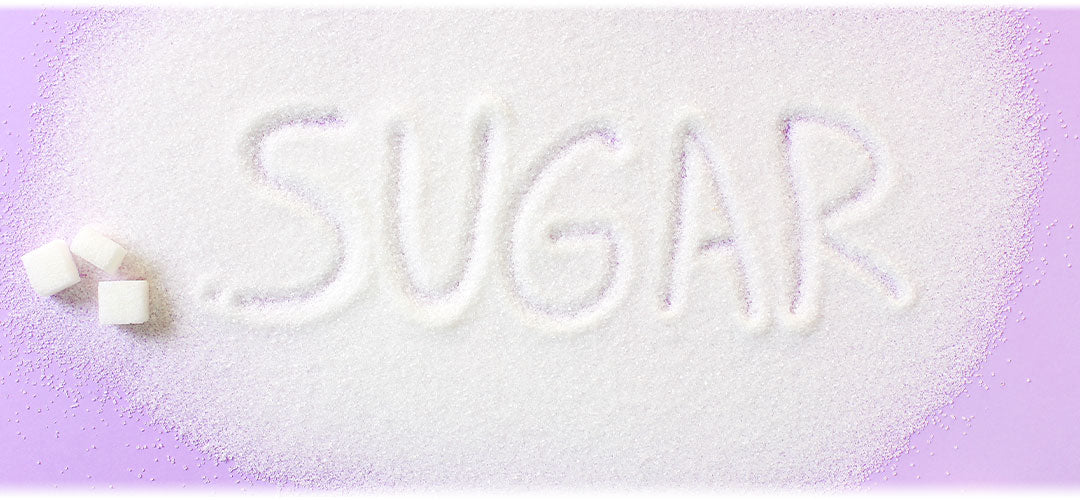
How does gut bacteria affect your health?
Your gut bacteria can affect your health in many ways. They are a vital part of a healthy digestive system.
A healthy gut can improve your immune system, mood and mental health, and help your body to fight off a host of illnesses and infections. Your gut is home to millions of healthy, harmless yeasts, bacteria and other microbes. These ‘flora’ work together to keep your body functioning as it should. The key to maintaining a healthy gut is to create the conditions that help these healthy bacteria to thrive, so they can kill off any unhealthy bacteria or toxins which can cause long-term health problems.
As you’d imagine, diet plays a vital role in this.
It stands to reason that what you put in your gut will have a significant impact on what goes on in there. Quite simply, if you give your healthy gut flora the right nutrients, they will flourish. If you don't they won't. We’ll talk a bit later in this blog about the things you can do to help develop healthy gut flora. In the meantime, there are a few symptoms to look out for which might indicate that your gut is not functioning as it should.
• Four Signs of an Unhealthy Gut
There are a number of factors that can affect your gut health like high-stress levels, tiredness, taking antibiotics and a diet high in sugar and processed foods.
-
- Upset stomach
Stomach issues like bloating, diarrhoea, heartburn and constipation are all signs of an unsettled or unhealthy gut. - Unintentional weight changes
Gaining or losing weight without changing your exercise or diet habits can be a sign of an unhappy gut. An imbalanced gut means your body cannot work as well to absorb nutrients and store fat. - Skin irritation
Conditions like psoriasis can be related to poor gut health because of the types of bacteria in your gut. Lower amounts of good bacteria can impact the immune system which can lead to skin conditions. - Food intolerances
Research suggests that food intolerances can be caused by poor quality of bacteria in the gut which leads to trouble digesting certain foods.
- Upset stomach

• Does gut health affect skin?
One of the downsides of poor gut health is the effect it can have on your skin. Unless you have any underlying health implications, if you eat healthily and stay hydrated, you should be able to maintain healthy-looking skin. Acne, eczema, psoriasis, dry skin and rosacea are all skin conditions which can be brought on by poor gut health.
The primary role of the gut is to break down the food you eat, absorb the nutrients your body needs, and flush out the waste. However, if your gut doesn’t absorb those nutrients effectively, it can have a severe impact on your major organs, including your skin. When your body isn’t getting the nutrition it needs, one of the first places it shows up is the skin, because your body will start to prioritise your other organs.
If you have a nutritional deficiency, your body will send what nutrients it does absorb to your essential organs – like your heart, brain and lungs – first. This can manifest itself in inflammation, spots, redness, dry or flaky skin and a host of other skin conditions.
If you’ve noticed any changes in your skin’s appearance, no matter how subtle or dramatic, it could be a sign there is something amiss in your gut, so it’s worth checking it out. Many problems in the gut can be solved by simply changing your diet and eating healthier, so pay attention to the signs and be more mindful of what you consume.
• Does gut health affect mental health?
The gut makes up a large part of our immune system. It’s not just the place where food goes after it’s been chewed up, digested and broken down; it’s also the main entry point for all the things we need to feel good, calm and healthy. The gut and the brain are connected in several ways. They have a mutually beneficial relationship, where one influences the other - what happens in the brain can affect how we feel in our gut, and vice versa. Research has proven that when people experience chronic stress or trauma, it causes changes to their gut microbiota which can lead to anxiety and depression.
The gut is home to trillions of friendly bacteria which affect how we feel and behave. Therefore, there are many commonalities between digestive disorders and mental health problems such as depression or anxiety. Digestive disorders affect the human body in many ways. They can cause pain, discomfort, and other symptoms, and are often indicative of more serious health issues. These conditions can be debilitating and have a significant impact on your quality of life.
• How to improve gut bacteria health
• Eat a varied diet
• Eat fruit, vegetables & legumes
• Probiotics
• Fermented foods
• Cut down on sugar and artificial sweeteners
• Prebiotic foods
• Wholegrains
• Plant-based food
• Polyphenols

Check out these links to our product pages to find out more:




